The Music That Moves Us
In a new segment, the Punished Backlog writers are out to determine some of video games’ all-time bests. With our tens of thousands of combined hours logged, spanning games from every genre imaginable, we’ve compiled the video game soundtracks that have redefined industry standards, providing something truly spectacular.
While individual songs like “One Winged Angel” or “Zelda’s Lullaby” created standout moments that will live on for generations, we wanted to take a moment and recognize the games that provided not just one “wow” musical-driven memory, but an entire arsenal to draw upon. These soundtracks gave us an unparalleled sense of scope one minute, made us draw tears the next, and almost always inspired triumph and feelings of innocent joy.
In no particular order, here are eight video game soundtracks we believe stand miles beyond the competition:

Chrono Trigger and Chrono Cross
Nominated by David Silbert
You can’t make a serious list of all-time great gaming soundtracks without a nod to legendary composer Yasunori Mitsuda. While many may argue Nobou Uematsu and Yoko Shimomura have provided more for Square Enix with their numerous contributions to the Final Fantasy and Kingdom Hearts franchises, Yasunori Mitsuda deserves special mention for his work on two games that, frankly, need no introduction.
Chrono Trigger and Chrono Cross are the epitome of classic JRPG music. The former introduced a style of groovy, foot-tapping jazz that has yet to be surpassed, even by current Japanese video game standards. Cross, meanwhile, shifted its focus to a tropical, island-vacation sound that not only managed to rival its predecessor, but also carved out a unique feel and focus all its own.
The truth is, I could run my finger through either game’s 3-disk, 60-odd-track list of songs, select one at random, and chances are, it’ll be worth listening to. The music is that good.
From the very beginning of either game, Mitsuda’s music welcomed us into new, strange, and exciting worlds. From the calm, cascading harp notes of “Morning Sunlight“ and soothing strings of “Peaceful Days,” to the warm, welcoming melodies of “Arni Village – Home World” and “Arni Village – Another World,” Chrono’s music lifted our spirits and set our expectations for the journeys to come.
Setting off from home and traveling across the worlds of Chrono Trigger and Cross, we listened to curious and whimsical overworld themes, including “Memories of Green“ and “Wind Scene“ as well as “Fields of Time – Home World“ and “On the Beach of Dreams – Another World.” Meticulously crafted by Mitsuda, these themes encouraged us to wonder as we wandered, to dream of faraway lands, and to envision the world as it carried our protagonists, Chrono and Serge, from place to place.
Certain tracks, such as “Corridors of Time“ and “Drowned Valley,” introduced us to exotic locales and mysterious ruins. Others, like “Battle with Magus“ and “Schala’s Theme,” set the stage for epic battles and illuminating discoveries. “A Far Off Promise“ and “The Girl Who Stole the Stars“ made us cry, only for “To Far Away Times“ and “The Dream That Time Dreams“ to lift us up again, ready to dream anew.
(Note: “Schala’s Theme” was so good, in fact, that it made the backdrop for Wiz Khalifa’s “Never Been.” “Memories of Green,” likewise, accompanied fellow rap artist Dom Kennedy’s “Locals Only.” Mitsuda isn’t just one of the greatest gaming composers of all time; he’s also a bonafide hip-hop influencer.)
And of course, who could forget “Chrono Trigger“ and “Time’s Scar,” Chrono’s powerful, iconic themes that greet players every time they dust off their SNES cartridge/DS chip/PS1 disk to relive its stories and renew its magic? These anthems are timeless reflections of an era of JRPGs long past, encouraging players to pick up their controllers and jump back into Chrono’s worlds for “just one more playthrough.”
https://www.youtube.com/watch?v=aiOqsckDH7g
The music of Chrono Trigger and Chrono Cross spans different genres, styles, eras, and alternate realities. Any other game soundtrack would have buckled under the level of ambition on display here, but Mitsuda makes it look easy. Whether you’re listening for your hundredth playthrough or for the very first time, Chrono’s music stays with you long after you set the controller down.

Persona 5
Nominated by PJ Manning
If you read my Persona 5 review, you may remember I vowed to fight for its place on our inevitable best soundtrack list. A few weeks later, and here we are.
I’ll begin this entry by admitting I have a massive bias toward bass. I’ve been learning for a while, but have held a deep appreciation for guitar’s big brother for as long as I can remember. And I have never heard a game with more jazz, swing, pop, or soul than Persona 5, due entirely to its masterful bass lines. A good soundtrack, though, does more than provide great standalone tracks. A truly excellent soundtrack lends itself to the theme and atmosphere of the game, strengthening the artistic direction and interjecting life to the plot.
Persona 5 is incredibly stylish, diving head-first into the action with a bold and colorful cartoon art style. And it meets that energy with equally stylish music. Songs like “Wake Up, Get Up, Get Out There” and “Last Surprise” (Persona 5’s meme-tastic battle theme) are funk masterpieces for any medium.
This soundtrack isn’t on the list for two good songs, however. Persona 5 is also home to some intense, climactic boss fights. The heightened intensity owes a lot to songs like “Life Will Change” and “Rivers in the Desert.” In these moments, Persona 5 drops the ever-bouncing bass lines for a crunch-infused backing to showcase a stellar electric guitar and string arrangement, respectively. One constant in the ever-shifting genres: Korean singer Lyn Inaizumi’s remarkable vocals. Though some lyrics hit clumsily, they’re delivered masterfully.
Let’s take a step back from all of this, for a moment, to focus on one song in particular. Anyone familiar with the franchise knows dungeon crawling and JRPG elements are only half of the game’s focus. More often than not, you run through the city streets, interacting with friends and building relationships. In Persona 5, you navigate Shibuya to the song “Beneath the Mask.”
This restrained song showcases one of the game’s best bass lines, coupled with an incredibly chill vocal arrangement by Lyn, one of her best for it’s simplicity. As opposed to her high-octane, borderline screaming in “Last Surprise,” she delivers a tranquil experience that leaves me wanting to stand in the Shibuya streets for hours, just soaking everything in.
Many games may have one or two stand-out songs, but for a soundtrack to nail such a unique aesthetic as Persona 5’s, and display mastery of several unique genres while doing so, is practically unheard of. Persona 5 does both, and keeps up the balance for its 100+ hour story. (I was still actively listening to the songs on my phone, even after “Fin.” ran across the screen to close the final anime cutscene.)
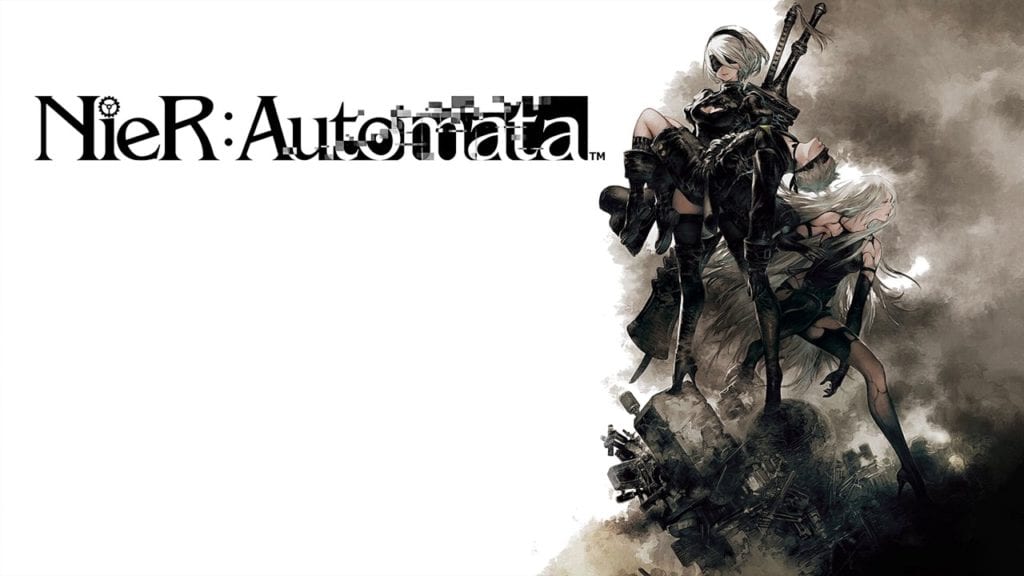
NieR and NieR: Automata
Nominated by Kei Isobe
Yes, I’m lumping the two together, because I just couldn’t pick one.
This isn’t a particularly novel choice (though it might have been back in 2010). Both NieR and NieR: Automata have been lauded for their soundtracks (NieR: Automata’s soundtrack actually hit no. 2 in the weekly Oricon album charts, which is basically Japan’s top 100 billboard; a video game OST at that rank is seriously unheard of). NieR‘s ratio of vocal to instrumental tracks is close to 4:1, and vocalist Emi Evans puts in serious work.
NieR‘s soundtrack is sung in an imaginary language that melds Gaelic, Portuguese, Spanish, Italian, French, English, and Japanese sounds. The score does an unbelievable job of setting the scene, be it for the idyllic, sleepy way of life in Nier’s hometown, a cold, detached, and isolated village, an eerie, metallic, abandoned scrap heap, or a boss battle with a massive, grotesque monster.
NieR: Automata traded some of the vocal focus for a more alien-feeling soundtrack, but the standouts are still Emi Evans beautiful vocals. “A Beautiful Song“ is killer. Every variation of “Birth of a Wish“ is spine-chilling. But where Automata steps it up is the mixing, where tracks will seamlessly switch from quiet to dynamic and frantic; from out of battle, straight into battle; with vocals kicking in at just the right moments to increase the tension.
And I would be remiss to not mention two gut-punching ending credits songs. “Ashes of Dreams” (I’m personally a fan of the Nuadhaich version), even in its gibberish language conveys the tragedy of NieR’s ending perfectly. And “Weight of the World,” from NieR: Automata’s ending credits, never fails to get me emotional. I don’t know which version I prefer more, Emi Evans’ Chaos language version (I think her vocals are the strongest), the Japanese, with its melancholic and crushing lyrics (singer Marina Kawano ends up crying while singing towards the end), the English for its more uplifting message, or the development team chorus for “The End of Yorha.” Never have I been more affected by a game than in the endings of NieR and NieR: Automata, and the music certainly contributed to that.

Final Fantasy VIII
Nominated by Augustine Villanueva
Final Fantasy VIII is (shockingly) the only Final Fantasy entry to make this list. And given it’s my all-time favorite game, how could I not include it?
Aside from my obvious bias toward this game, its soundtrack is seen as undoubtedly one of the best in the entire Final Fantasy series by many fans, even earning itself a top-four spot on Japan’s Oricon charts. Succeeding probably one of the biggest games in gaming history in Final Fantasy VII, Final Fantasy VIII attracted a lot of unwanted criticisms. However, where it lacked in gameplay mechanics, it more than made up for it in its amazing and immersive soundtrack.
Composed by the legend himself, Nobuo Uematsu, Final Fantasy VIII’s soundtrack does an unreal job at perfecting the scene’s mood. All 74 tracks are meticulously crafted and perfectly placed to fit the atmosphere and moment the player is in. Even just by listening to the soundtrack, you can almost relive those exact cutscenes, reenact specific pieces of dialogue, or refight those bosses—something I’ve never experienced in any other game.
Whether it’s endlessly walking around the massive and breathtaking SEED academy that is “Balamb Garden,” riding over that moonlight water before engaging in your first real test as a soldier before “The Landing“ in Dollet, or even just getting ready to crush some kids in “Triple Triad,” there’s always the perfect song for every moment. Nostalgia surely plays a role in my appreciation of these story beats, but there’s no denying Final Fantasy VIII’s soundtrack is perfectly tailored to match these themes and motifs.
https://www.youtube.com/watch?v=ZMYisFOaz1s
“Liberi Fatali“ (which translates roughly to “Fated Children”), the intro song and one of only two vocal tracks in the game, sets the tone for the entire adventure. It does so not only with its name, but also with its fast-paced tempo, intense build ups, and explosive Latin vocals. Also consider the amazing (for its time) visuals that accompany the song, and I don’t think there is any other JRPG opening that can get you more hyped up.
The other vocal track, “Eyes on Me,” is sung by Kako Someya. Together with its instrumental renditions, the song encapsulate the emotional, romantic theme of the game, almost perfectly describing the relationship between the two star-crossed main characters. Romance being a major theme of FFVIII, I’d be remiss to not mention “Waltz for the Moon,” “Roses and Wine,” and “Fragments of Memories,” all of which have a similar charm and warmth.
Now, Final Fantasy VIII isn’t all sappy and romantic. Another theme of this game is the supernatural. Songs like “Compression of Time,” “The Extreme,” and “Succession of Witches“ give off a spooky, mysterious feeling with their minor keys, which perfectly complement your later hours with the game’s narrative.
Like with most JRPGs, battling and exploration make up the biggest portion of the game. The world theme “Blue Fields“ gives off that air of openness and desire for exploration. These feelings only intensify when you unlock the game’s airship, and it starts playing probably my favorite song in the entire game, “Ride On.” The main battle themes, “Force Your Way,” “The Man with the Machine Gun,” and “Premonition“ all fill the player with different kinds of emotions, from a serious, everything-is-at-stake feeling, to one that makes you bounce in your chair, just enjoying the vibes. Regardless of the situation, these songs get you in the mood to take on even the toughest of foes.
I could go on and on about the amazing music of Final Fantasy VIII, but at that point I’d be mentioning every single track. Unlike with many other games, Uematsu’s soundtrack contributes to Final Fantasy VIII in such an extraordinary way. It completely immerses the player into the world, making you understand the emotions and moods that every character is going through. For those of you who haven’t played the game, or have shied away due to the slow start and janky game mechanics, I’d definitely recommend playing it for its story, accompanied by this beautiful and captivating soundtrack.
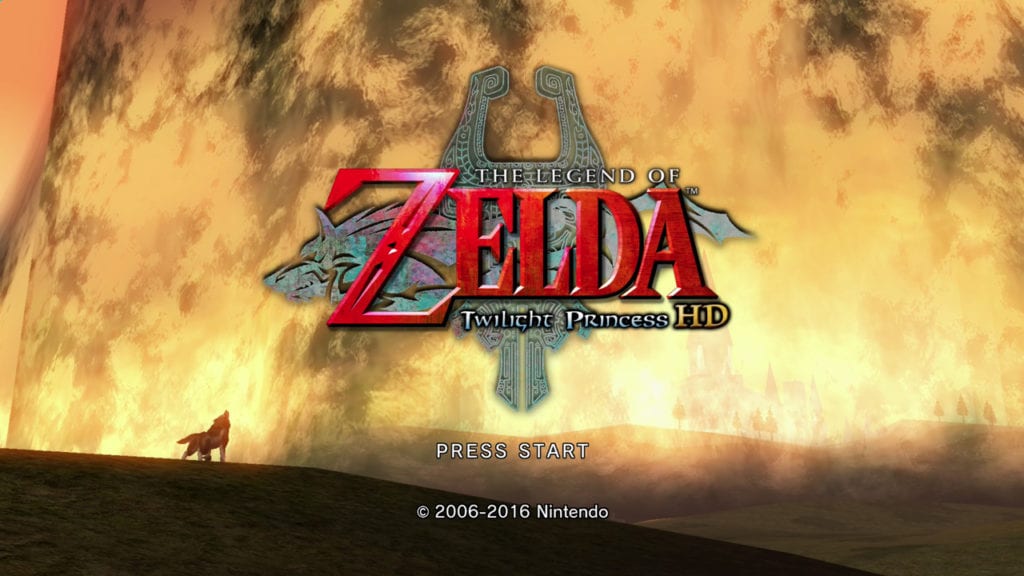
Twilight Princess
Nominated by PJ Manning
Two things to address right off the bat: 1) Wind Waker is far superior to Twilight Princess, and yet, 2) Everyone you ask will have a different, equally valid pick as their favorite Zelda game. One thing can’t be argued, however: Koji Kondo is one of the greatest video game composers to ever grace the industry.
While Kondo skipped several entries in the Zelda franchise (so forgive me if I misattribute particular songs to his portfolio), he has undeniably created tunes that have permeated video game history and undoubtedly inspired countless more legends. Citing a few songs of note: “Legend of Zelda Main Theme” (NES), “Palace” from Zelda 2 (which became a cult hit thanks to Super Smash Bros. Melee), “Song of Healing” (Majora’s Mask), “Title Theme” (Wind Waker), “Title Theme” (Ocarina of Time) “Gerudo Valley” (Ocarina of Time), “Lost Woods” (Ocarina of Time), “Forest Temple” (Ocarina of Time), “Song of Storms” (Ocarina of Time).
(Note: the Japanese N64 version featured a song that almost prevented Ocarina of Time from making it over to America, featuring chants reminiscent of an Islamic prayer.)
OK, so the natural follow-up to that criminally under-representative list is, “PJ, why didn’t you just chose Ocarina of Time to represent Zelda in this article seeing as you just cited like forty ‘essential’ Zelda songs from the game?” Simple: “Song of Storms” also appeared in Majora’s Mask, so that immediately disqualifies Ocarina of Time from this list.
Kidding, obviously. Almost every song from that game is undeniably iconic, so much so that they’ve been perpetually re-skinned for future entries. However, aside from being hyperbolically two unique measures stuck on repeat for however long you’re in a particular area, they don’t function well as a combined unit. Music is a breathing entity, able to raise or destroy the quality of a game with its flow. For this list of best soundtracks, we wanted notable music that weaves together in a largely unified style to the undeniable betterment of their games. Ocarina of Time is loaded with an unreal amount of standalone hits that are some of gaming’s best music ever. But they don’t play well together, sing the same song, push the same buttons, speak the same language. As a collection, they’re too individual, completely unlike Twilight Princess.
Twilight Princess, on the other hand, maintains a consistent orchestral identity. The game is one of Zelda’s most cinematic entries (as well as dark, hence *Twilight*). With that in mind, Koji Kondo wasn’t looking to make the best one-off songs. He wanted to build the world and push Zelda into a mature, sophisticated space, especially after the uproar against Wind Waker’s “kiddy art style” (a complaint that has been unanimously rejected in recent years). Because of the grandiose piano, epic choir, and full-string ensemble, each Twilight Princess song sounds so “Twilight Princess.” It’s one of his most unified works in that regard. But enough build up—here are the songs to listen to:
When initially pitching Twilight Princess as Zelda’s music ambassador, David Silbert urged me to check out “Lake Hylia” again and remember how excellent an arrangement it is. That song creates an ease and tranquility I have seldom experienced in games, at least not to that level. Once the location is purged of twilight, this song kicks in and Link is left swimming through the zone’s vast pools. I can’t remember another song/location pairing that feels as right as this.
The game’s “Title Theme” is excellent, perfectly encapsulating the grandiose cinematics I previously mentioned. In addition, “Blizzeta Battle” effectively utilizes high-strung instruments to instill an anxiety-ridden roller coaster in two distinct parts. While not my favorite boss theme (here’s looking at you, “Molgera“), the arrangement emphasizes the weirdly other-world-y vibe from the frozen bed chamber and the—literally—looming threat she possesses. And it’d be a crime to omit the “File Select” theme as an incredibly well re-envisioned “Great Fairy Fountain.”
But one song stands out above the rest in Twilight Princess for being so restrained, yet unbelievably powerful. I won’t say a single word about it, and let the song speak (sing? sound?) for itself:
What? Who’s crying? There’s just a bit of twilight in my eyes. No, you need to grow up! Whatever Mom, I’m going out. Yeah, fine, I’ll pick up bananas on my way home.
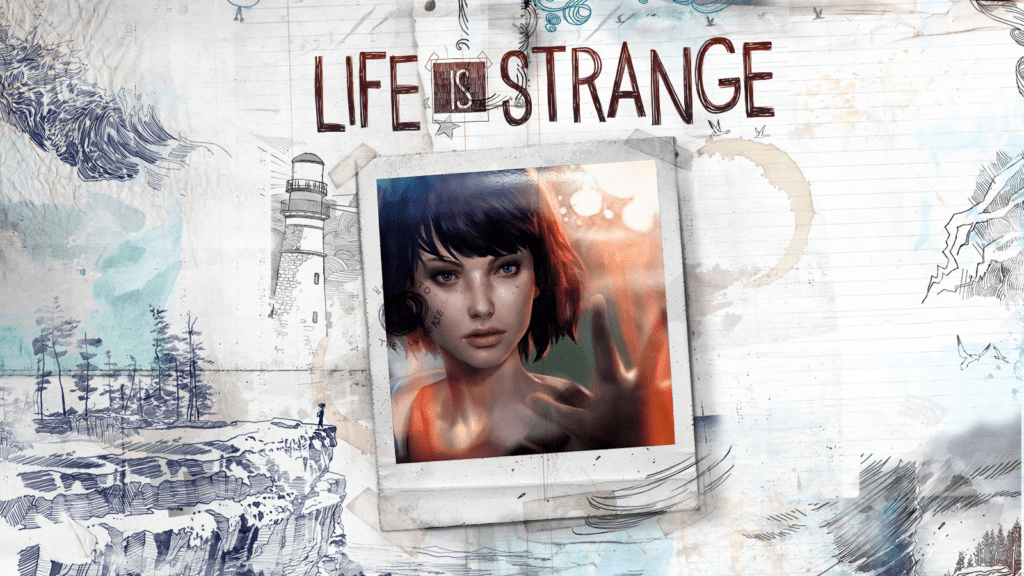
Life Is Strange
Nominated by Jack Linnehan
I could just as easily continue the trend of this article and talk about incredible original game music. And for the hell of it, I’ll just briefly mention that The Last of Us has by far my favorite video game OST. But as usual, I’m straying a little bit outside the box from the rest of my fellow writers. I’m going to instead sing glowing praises about the Life Is Strange soundtrack, comprised of 14 licensed songs used in various parts of this five-episode game.
Fair warning: It’s exclusively comprised of indie folk/rock songs, so if that’s not your cup of tea then you won’t be a fan. However, I’m a huge fan of that genre, so I loved it. But to be frank? It shouldn’t matter if you don’t like the genre, because it fits the theme of the game perfectly. Indie rock is a very popular genre in the Pacific Northwest, and Arcadia Bay is supposed to be in Oregon. Check. Max is a moody, existential, not terribly popular student. Indie rock is the perfect genre choice for someone like her. Those long cutscenes where she’s staring out the car/bus window create a powerful sense of reflection, and the music matches this with its somber tone.
One of the standout tracks, for me, is “Crosses“ by Jose Gonzalez. It’s so good that you get hear it twice in the game. Unfortunately brief at 2:43, Gonzalez’s tremendous acoustic guitar (his specialty) carries through an optimistic lyrical message presented by his soft yet driven voice. The lyrics tell of the narrator looking out for someone, and that no matter what they’ll be all right. It’s a fitting message for how often you (as Max) have to look out for Chloe.
Another track that carries the soundtrack is “Something Good“ by Alt-J (∆). Alt-J is tremendous at taking emotional and thought-provoking lyrics and masking them with upbeat music, and this song is no exception. The lyrics literally tell of the death of a matador, and by extension that the narrator needs “something good” to forget about a certain someone. Max seeks something good throughout the course of the game, which she finds in the form of Chloe, to forget about her vision of the storm that will destroy Arcadia Bay.
Using licensed songs in games instead of original songs makes it far trickier to match the theme of the game, but Life Is Strange nails it. Even if it’s not your style normally, when you play the game this soundtrack just feels right.
How’d we do? These were some of our all-time favorites, but there is so just so much more out there we couldn’t cover. Comment down below to let us know which soundtracks you consistently go back to. Maybe we got the game right but left out that one song that really gets you moving. “Gerudo Desert” (for instance) is a strong spiritual successor to its Ocarina counterpart, but you can only talk Zelda for so long. Not many people are as obsessed with Zelda as I am. After all, I did rank every character in Breath of the Wild.
We do these rankings every so often. We recently pushed out a list on the best video game merchants and a similar one on the best video game opening levels. We call this series our Punished Favorites. Check them out, plus oh so much more great content at The Punished Backlog.


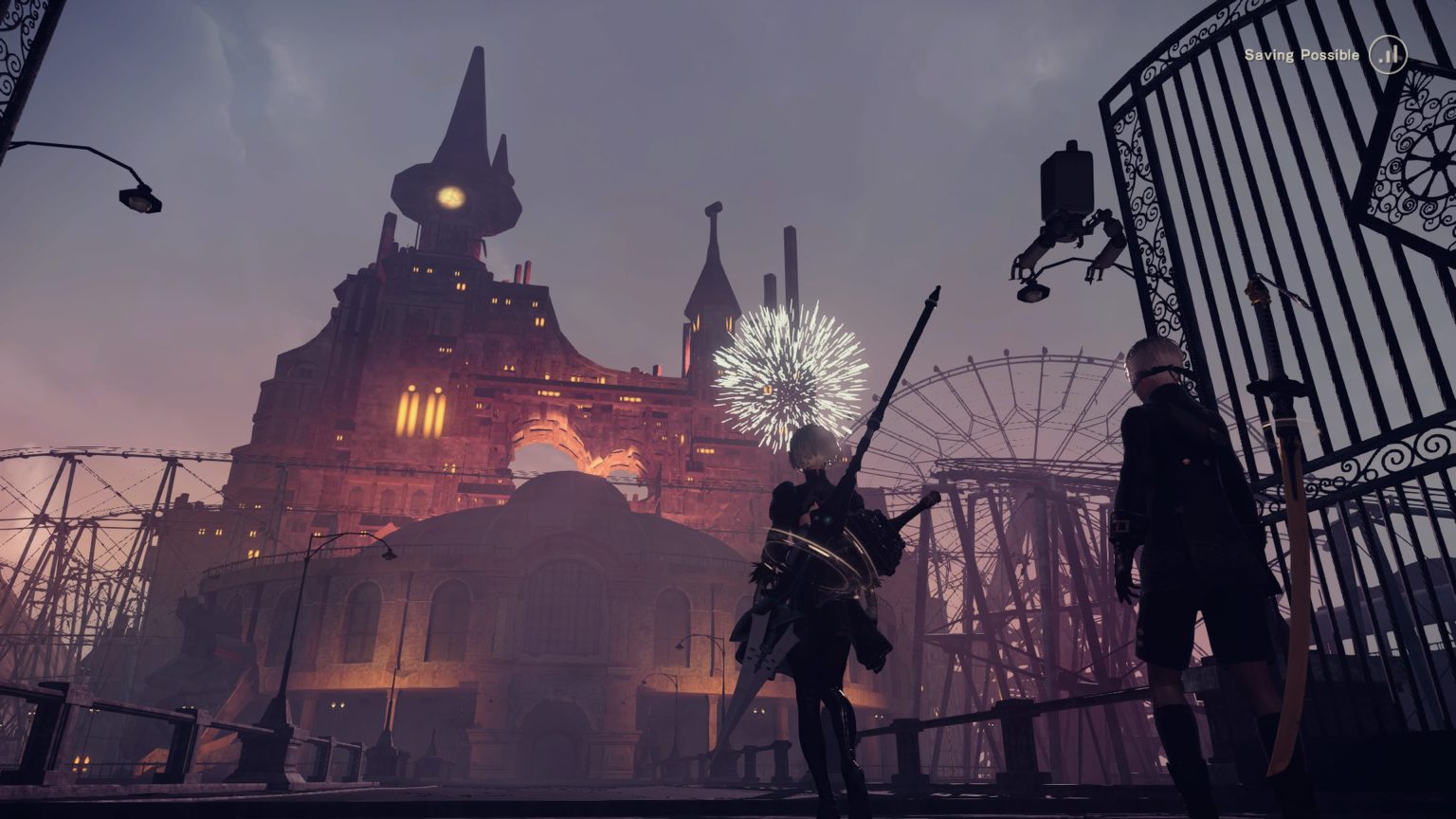




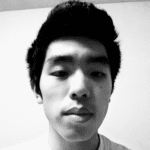
















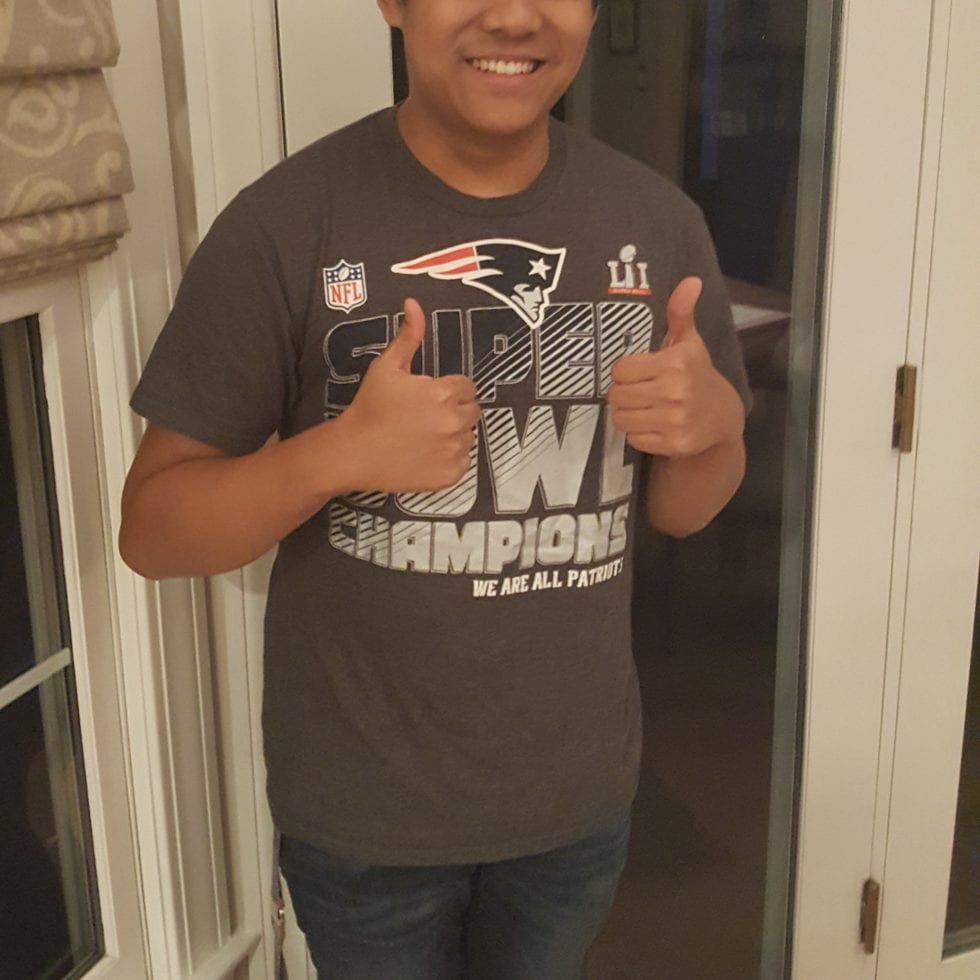




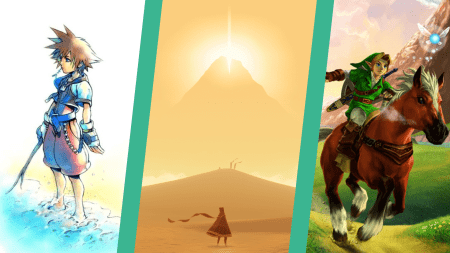
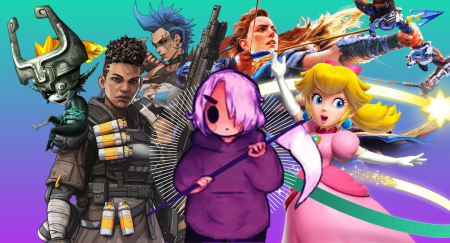
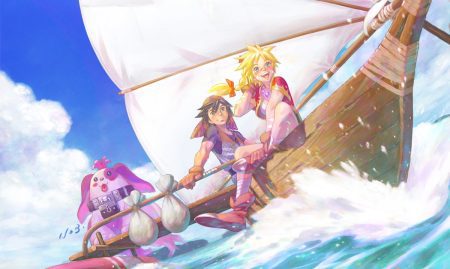
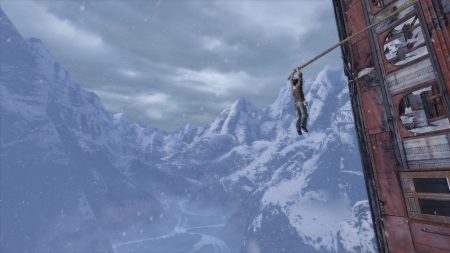
I would add any and all of Akira Yamaoka’s brilliant Silent Hill soundtracks to this list, as they are all masterpieces.
Just go to youtube and search his name to get tens of thousands of results.
I love them all, but a couple of my personal favourite tracks are “Wounded Warsong” and “Room Of Angel” from Silent Hill 4: The Room.
Just the sheer number of artists who have done remixes and remakes of his works are testament alone to his genius.